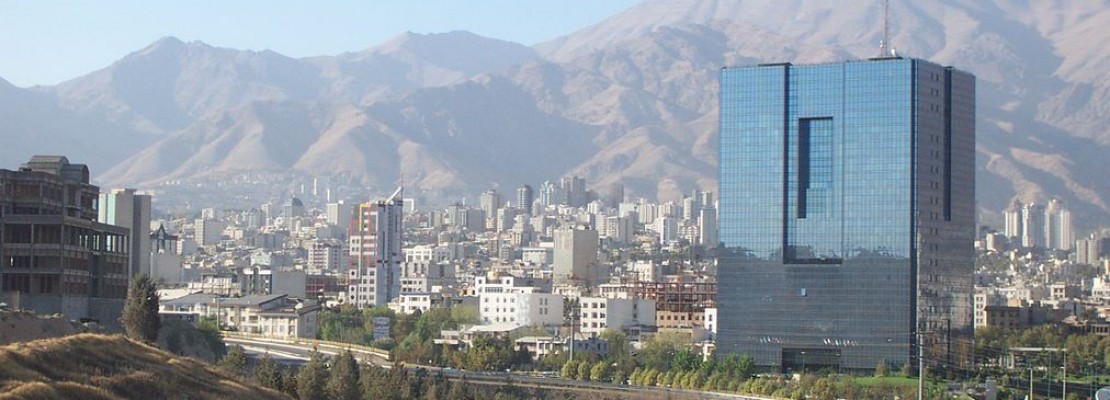
Iranian Corporates Eager to Issue International Sukuk
Article Overview
The flagging Sukuk market looking likely to print its lowest global issuance since 2011 is likely to receive a much-needed boost as Iran, home to the world’s biggest Islamic banking sector, with assets estimated at $482 billion, and the fourth largest crude oil reserves returns to the world capital markets and looks to issue sukuk.
As Iranian sanctions are lifted, years of bad practises and a falling oil price mean Iranian banks are in bad shape to handle credit demand needed to fund much needed investments in its Petrochemical sector. Domestic corporates are therefore looking at international investors for funding. In interviews with Al-Monitor [1], Iranian bankers spoke of the advantages of the energy sector to attract international dollar denominated Sukuk investors. Unlike neighbouring Saudi Arabia, who surprisingly has chosen to pursue a bond issuance programme over that of sukuk, Iran will most likely issue sukuk as its domestic banking is the worlds only wholly interest free system.
Reza Soltanzadeh, board member of Middle East Bank, emphasised the Iranian energy sector is attractive, as borrowers will have sovereign collateral. “On the corporate bond side, the petrochemical industry is by far the most lucrative with a high internal rate of return built in their economic models, allowing for easy debt service.”
Ali Sanginian, CEO of Amin Investment Bank added as sanctions are to be lifted, “Oil, petrochemical and power plants are expected to issue dollar-denominated sukuk in the near future.” Iran has plenty of room to raise capital through this path. According to the World Economic Forum, Iran’s total government debt was just 11.4% of gross domestic product last year — lower than 90% of the tracked countries.
International investor too like what they see. In an interview with Bloomberg [2] Hans Humes, founder of hedge fund Greylock Capital Management said “The bond market appetite for everything Iranian will be pretty high”. He estimated it may take government officials a while before they’re ready, perhaps a year or so, “but they’re going to start tapping international markets.”
Islamic Finance and Banking in Iran
Iran chose to convert its banking system to an interest free system by the passing of the Law for Usury (Interest)-Free Banking Operations in 1983.
The use of law makes the Iranian banking system unique in that all banking activities must follow Sharia principles as a matter of legal requirement as opposed to at a regulatory level. The switch over to Usury Free Banking was implemented as of 21 March 1984. The law specified that mobilisation of monetary resources by Iranian banks shall be undertaken either through qard al-hash deposits (current and savings) or through term investment deposits. The laws were recently updated as the below video from Iran presents.
[i] Iran’s troubled bond market
[ii] Hedge Fund’s Tehran Trip Shows World’s Ready for Iran Bonds







